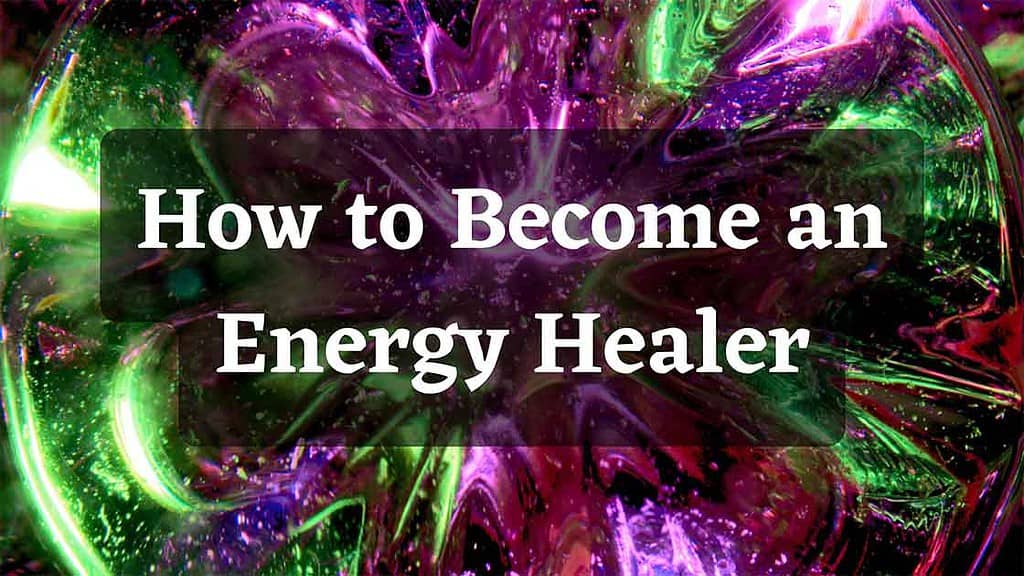In the quest for wellness, balance, and inner peace, we often find ourselves navigating through a myriad of conventional and unconventional paths. Amidst this journey, energy healing and holistic healing emerge as beacons of hope, offering a sanctuary for the soul, mind, and body. This comprehensive guide not only unveils the essence of these healing modalities but also invites you on a transformative journey to embrace the full spectrum of your being.
Embracing the Healing Journey
The concept of healing transcends the mere alleviation of symptoms; it encompasses the harmonization of our entire being. In the realm of energy healing, we recognize that we are more than just physical bodies; we are vibrant beings of energy, continuously interacting with the energy of the universe. This realization opens the door to a holistic approach to healing, one that integrates the physical, emotional, mental, and spiritual dimensions of our existence.
Grounding: Your Anchor to Mother Earth
Imagine standing barefoot on the soft, nurturing soil of the Earth, feeling the gentle heartbeat of the planet. This practice, known as grounding, is not just a metaphorical connection but a literal one. By establishing a direct connection with the Earth, we anchor ourselves to its stabilizing energy, promoting a sense of calm, balance, and resilience. Grounding lays the foundation for energy healing, offering a starting point for cleansing and rejuvenation.
Practical Steps to Grounding

- Connect with Nature: Spend time in natural settings, walk barefoot on grass, or simply sit and absorb the serenity of the environment.
- Visualization Techniques: Envision roots extending from the soles of your feet deep into the Earth, symbolizing your connection and stability.
- Mindfulness and Meditation: Practice mindfulness to remain present, enhancing your connection to the Earth and yourself.
Cosmic Energy: The Celestial Shower
As we ground ourselves to the Earth, we also open our beings to the infinite energy of the cosmos. Cosmic energy, with its ethereal and boundless nature, showers us with light, cleansing our aura and replenishing our spirit. This celestial energy works in harmony with the Earth's energy, creating a divine balance within us.
Harnessing Cosmic Energy
- Meditative Practices: Engage in meditation to invite and visualize cosmic energy cleansing your aura and energizing your spirit.
- Breathing Exercises: Use breathwork to facilitate the flow of cosmic energy within you, enhancing its healing effects.
- Intention Setting: Focus your intentions on receiving and integrating cosmic energy for healing and growth.
Chakra Activation: The Wheels of Life
At the heart of energy healing lies the concept of chakras, the energy centers within our body. Each chakra corresponds to specific physical, emotional, and spiritual aspects of our being. By activating and balancing our chakras, we unlock pathways to profound healing, enabling the free flow of energy throughout our body.
Techniques for Chakra Activation
- Color Visualization: Associate each chakra with its corresponding color, visualizing vibrant energy revitalizing each center.
- Sound Healing: Use sound frequencies, such as chanting or singing bowls, to harmonize and activate the chakras.
- Crystals and Stones: Incorporate crystals aligned with each chakra's energy for healing and balancing.
The Path to Transformation
Engaging with the practices of grounding, cosmic energy integration, and chakra activation, you embark on a journey of transformation. This path is not merely about physical well-being; it's an exploration of your deepest self, a quest for harmony and enlightenment.
Stories of Transformation
Anna's Journey
Meet Anna, who discovered energy healing during a challenging period in her life. Overwhelmed by stress and disconnected from her essence, Anna felt lost. Through grounding practices and cosmic energy meditation, she found her balance and reignited her passion for life. Her journey is a testament to the transformative power of holistic healing.
Mark's Awakening
Mark, a skeptic of alternative healing practices, experienced a profound awakening after exploring chakra activation. Struggling with emotional blockages, he found clarity and emotional freedom through dedicated meditation and energy work. Mark's story highlights the universal appeal and effectiveness of energy healing.
Integrating Energy Healing into Your Life
Adopting energy healing and holistic practices is a deeply personal journey, one that requires patience, openness, and dedication. Start with small steps, integrate these practices into your daily routine, and observe the subtle yet profound shifts in your well-being.
Daily Practices for Holistic Wellness
- Morning Grounding Routine: Begin your day with a grounding exercise to establish stability and presence.
- Cosmic Energy Meditation: Dedicate time for meditation, inviting cosmic energy to cleanse and rejuvenate your spirit.
- Chakra Check-ins: Regularly assess and balance your chakras, using visualization, sound healing, or crystals as aids.
Embark on Your Healing Journey with StartANewFuture.com
Are you ready to transform your life through the power of energy healing? StartANewFuture.com offers a gateway to holistic well-being, providing resources, guidance, and support on your journey. Explore our offerings, from personalized meditation techniques to holistic healing programs, and take the first step towards a balanced, joyful, and abundant life.
Your journey to healing and transformation begins now. Embrace the power of energy and holistic healing to unlock your full potential. Visit StartANewFuture.com to embark on a path to wellness, balance, and inner peace.








